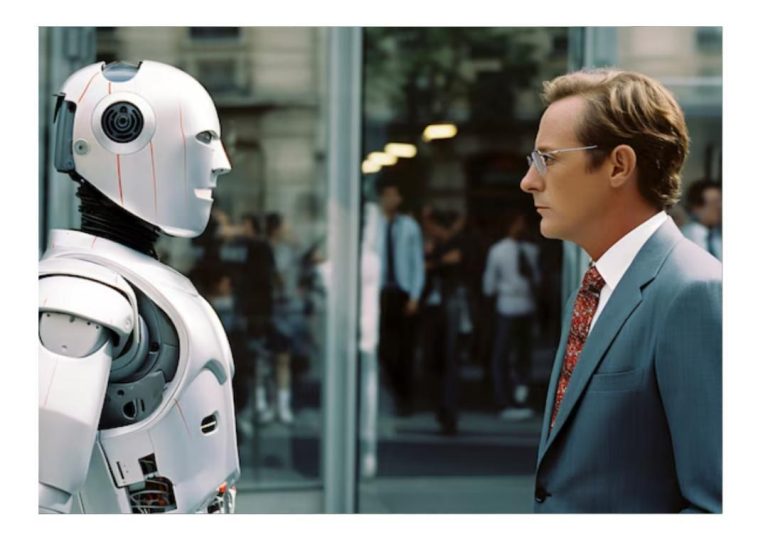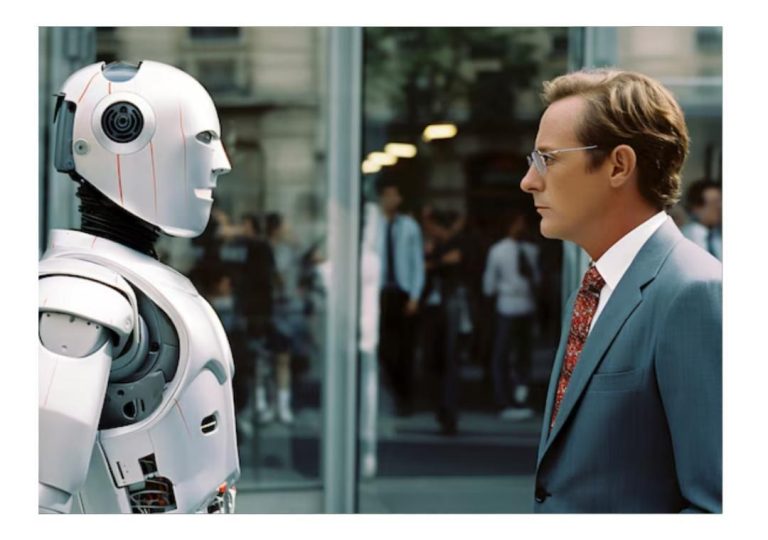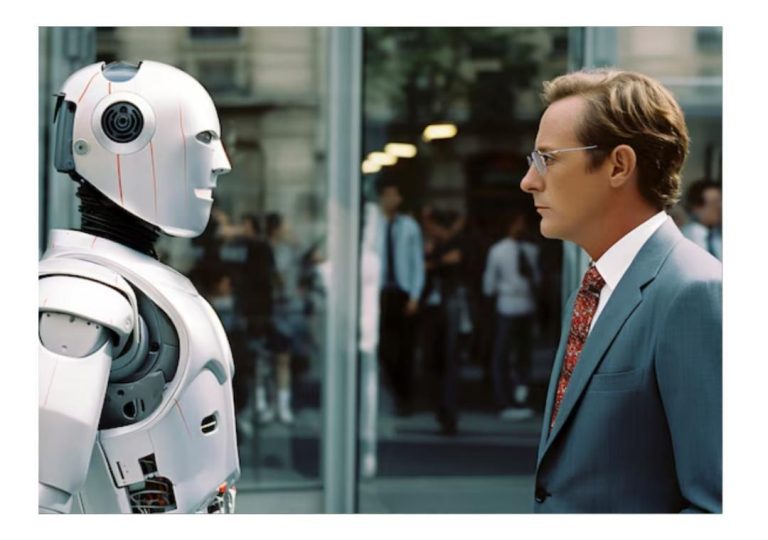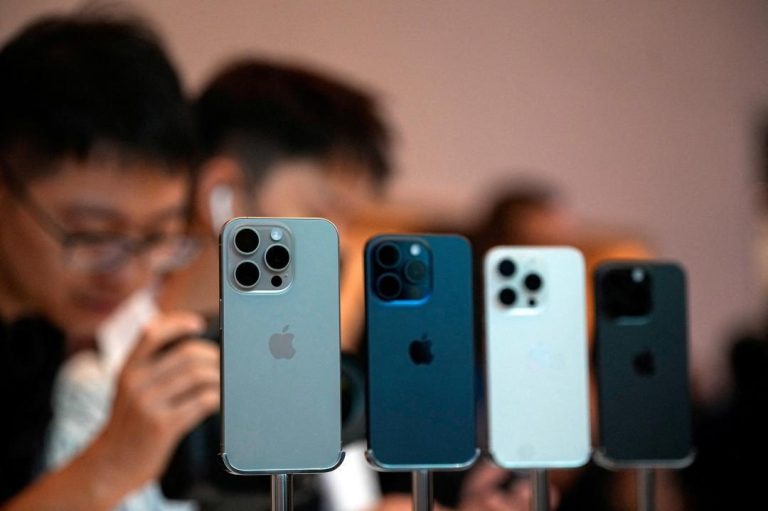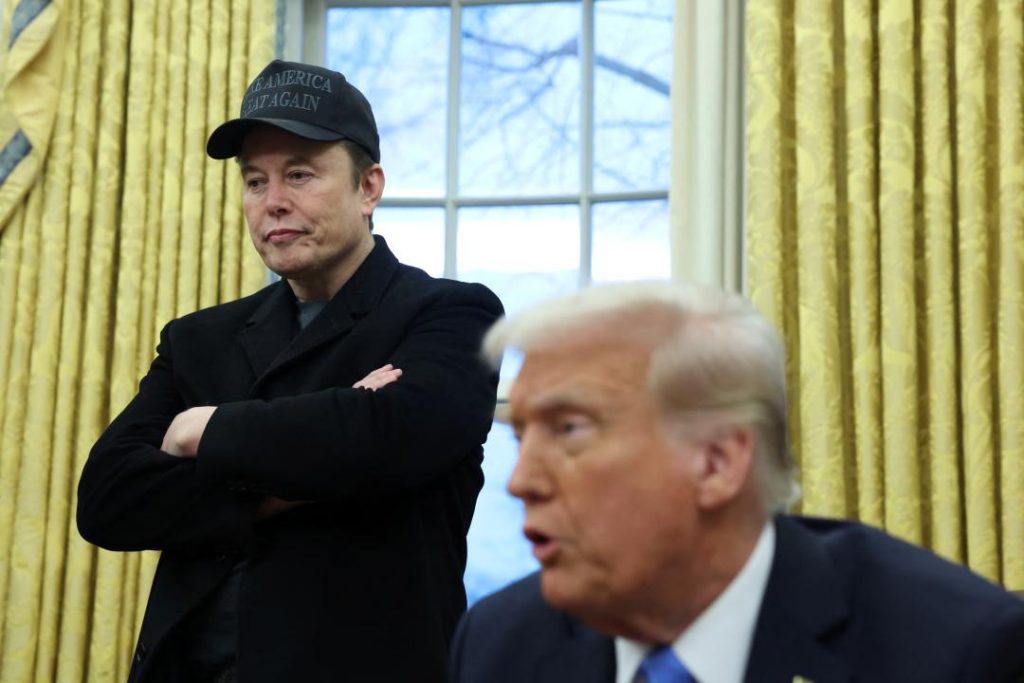
My Companies are Suffering Because I’m in the US Government: Elon Musk
Elon Musk, the CEO of SpaceX and Tesla, has recently made a surprising statement, claiming that his involvement in the US government is having a negative impact on his companies. As the head of the Department of Government Efficiency (DOGE), Musk stated that his role in the government is “disadvantageous” and that his businesses are “suffering” as a result.
In an interview, Musk expressed his frustration, saying, “If I wasn’t in the government, I could lobby and push for things that are advantageous to my companies and probably receive them.” This statement raises questions about the potential conflicts of interest that come with a high-profile entrepreneur like Musk taking on a role in the government.
Musk’s involvement in the government is not new. He was appointed as the head of DOGE in 2020, with the goal of streamlining government processes and increasing efficiency. However, his role has become increasingly controversial in recent months, with critics arguing that his private interests are conflicting with his public duties.
One of the main issues is that Musk’s companies, including Tesla and SpaceX, are heavily reliant on government contracts and subsidies. As the head of DOGE, Musk has significant influence over the allocation of these funds, which has led to concerns about favoritism and cronyism.
For example, Tesla has received millions of dollars in government subsidies and tax breaks, which have been criticized as unfair to other companies that do not have the same level of political connections. Similarly, SpaceX has received numerous government contracts for its satellite and space exploration ventures, which have been questioned due to the lack of transparency and accountability.
Musk’s statement about his companies suffering as a result of his government involvement may be seen as a veiled attempt to deflect attention from these controversies. By positioning himself as a victim of the system, Musk may be trying to shift the focus away from his own role in perpetuating the problems.
However, it is difficult to ignore the potential conflicts of interest that arise when a private entrepreneur like Musk takes on a high-profile government role. As a successful businessman, Musk has a vested interest in the success of his companies, which can create a conflict with his public duty to serve the interests of the country as a whole.
Furthermore, Musk’s statement raises questions about the accountability of government officials who have private interests. If Musk is indeed “suffering” as a result of his government involvement, does that mean that he is not doing his job effectively? Or is he simply using his position to further his own interests?
The controversy surrounding Musk’s role in the government is not going away anytime soon. As the head of DOGE, Musk has a significant amount of power and influence, which can be used for good or ill. It remains to be seen whether Musk will be able to navigate these conflicts effectively, or whether his involvement in the government will ultimately harm his companies and the country as a whole.
In conclusion, Elon Musk’s statement about his companies suffering as a result of his government involvement is a complex issue that raises important questions about accountability, conflicts of interest, and the role of government officials in the private sector. As the controversy continues to unfold, it will be important to keep a close eye on the situation and hold Musk and other government officials accountable for their actions.
